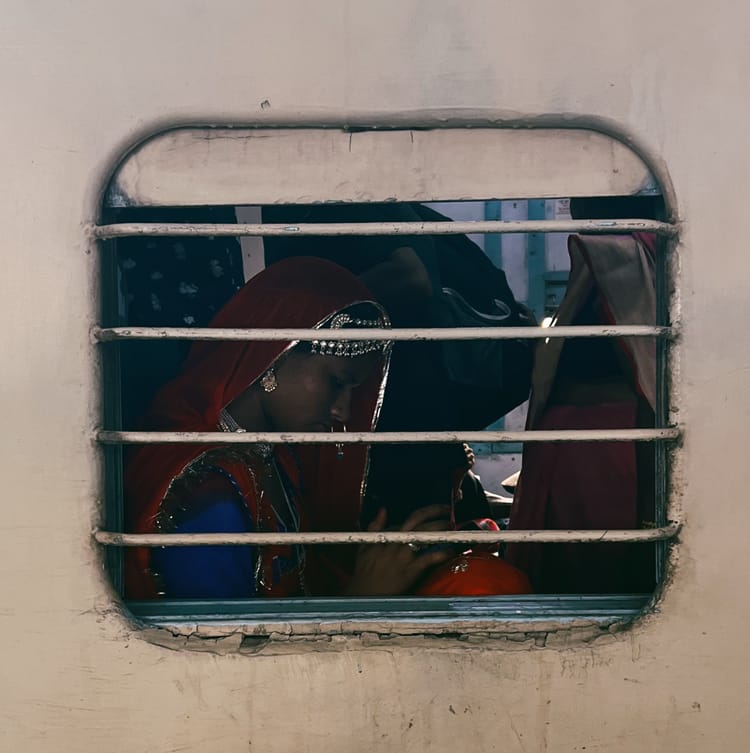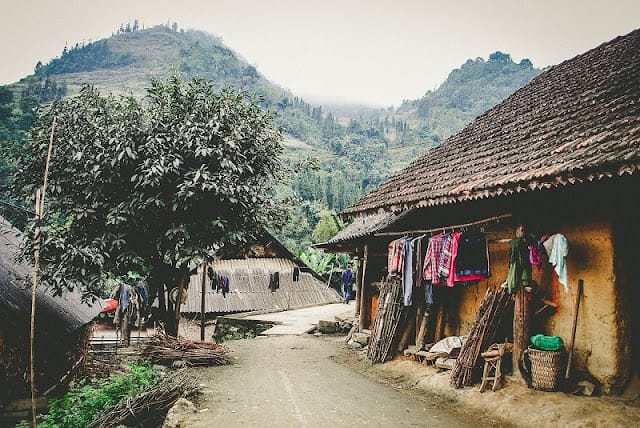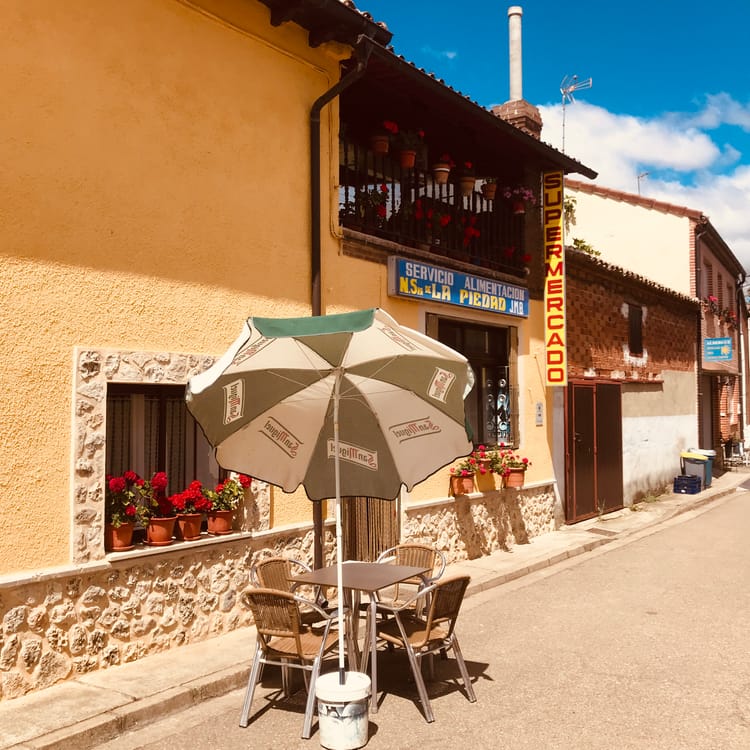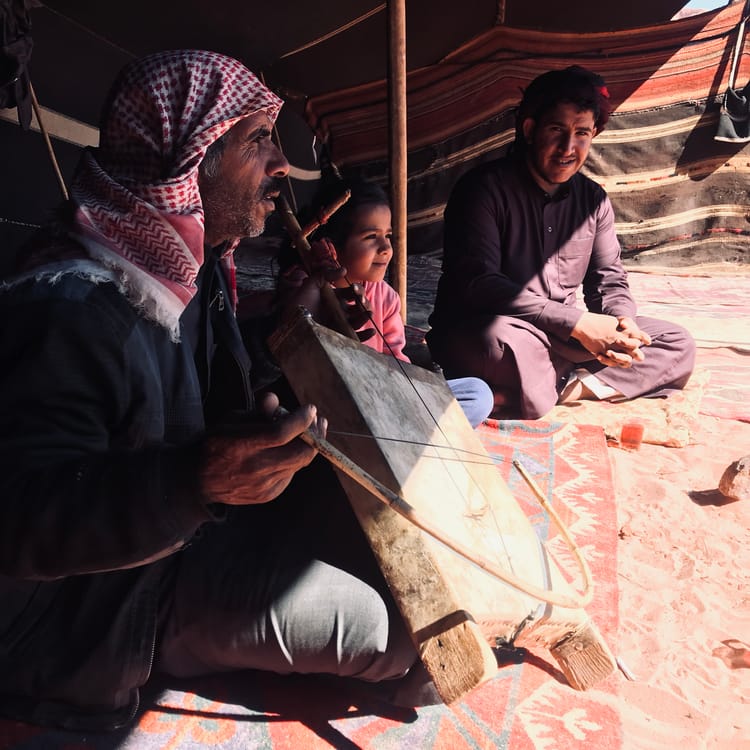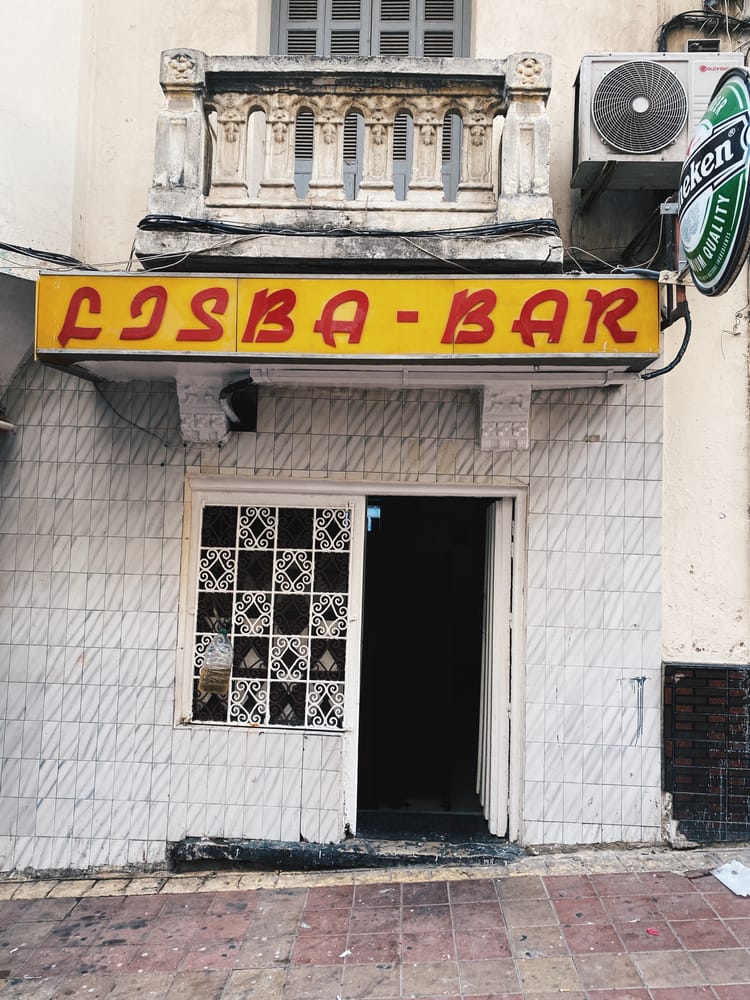Oporto Days
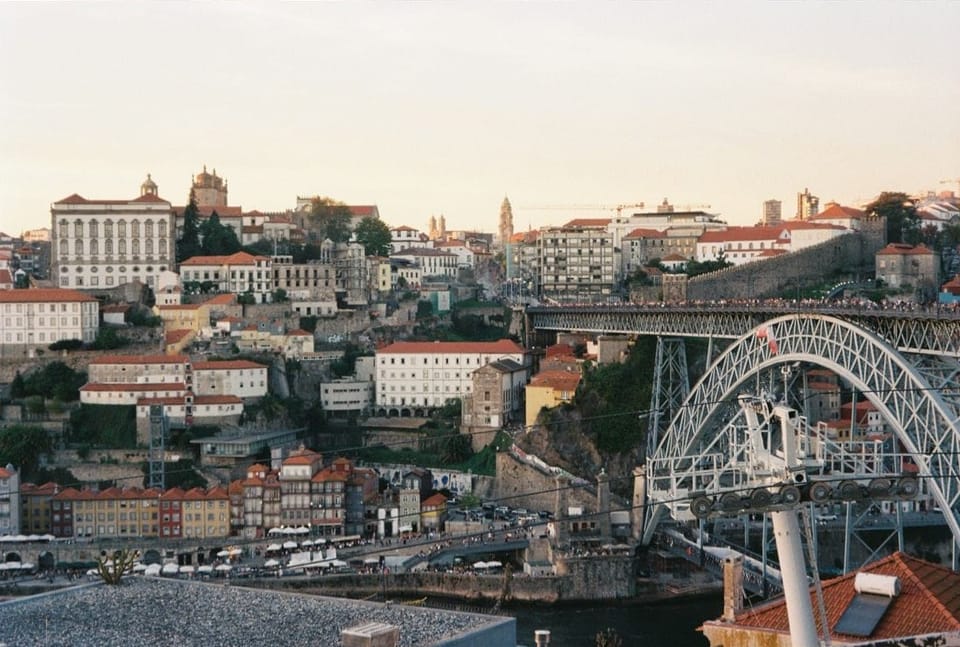
Oporto was a dream.
It was a forgotten city, where the sun burned down on you from dawn till dusk, forcing you to retreat onto shady terraces, where old fishermen lunched for hours playing cards and nostalgically watching the unfathomably beautiful women breeze by.
In those days, you could find a menu do dia for six Euros.
A three-course meal with a liter carafe of wine, an espresso, and a few shots of schnapps thrown in for free.
On those afternoons, as the shadows tickled the azulejos and the Fado lamented across the rooftops in the early evenings, you were a guest, not a customer. Happy to hold witness to a vanishing ideal, as three generations worked under one roof and bickered eternally between cheap cigarettes and football matches.
Something that, just a few years later, when the laminated English menus started appearing, was past.
A new life was stirring. The economic melancholy in the air was waning, and the whispers of a forlorn empire destroyed by the greed that had paved those streets in the gold of broken promises and colonial misery were beginning to evaporate.
Money was moving.
There was an optimism not seen since the early days of the EU when the Portuguese shipbuilders still had their pride and jobs.
A conflict in the next generation who knew they, for better or worse, were just biding time in the sleeping belly of a tourist goldmine as the boarded-up windows began to reveal trendy jewelry shops, organic wine bars, and Air BnB's.
Their great dance ahead was to capitalize on the reinvigorated interest in their country, without selling its soul.
And, in those final days, an awareness of ephemerality entered the inebriated veins of all those fingers that plucked flamenco under the cloud of North African Kif.
An unassuming grace in the eyes of last of the old world gypsies as they played cards in the remaining free shop alcoves, knowing their long-forgotten city was changing beyond recognition.
That abandoned city that had once flooded the Western psyche with the treasures of the Orient and predicated all that came after, was now the drishti of Pinterest wish lists of American college students and Dutch investors.
Oporto was arising from a long, dark hibernation, suspended between two worlds, and, for a brief moment, it was golden.

